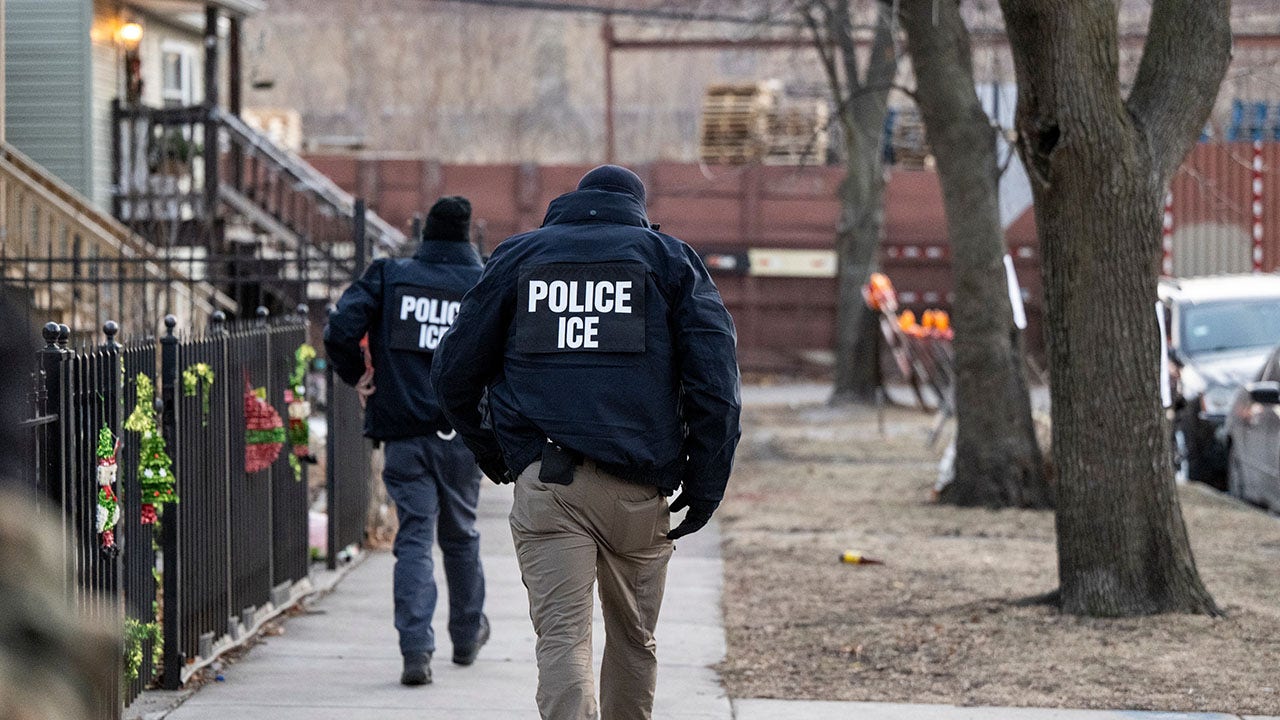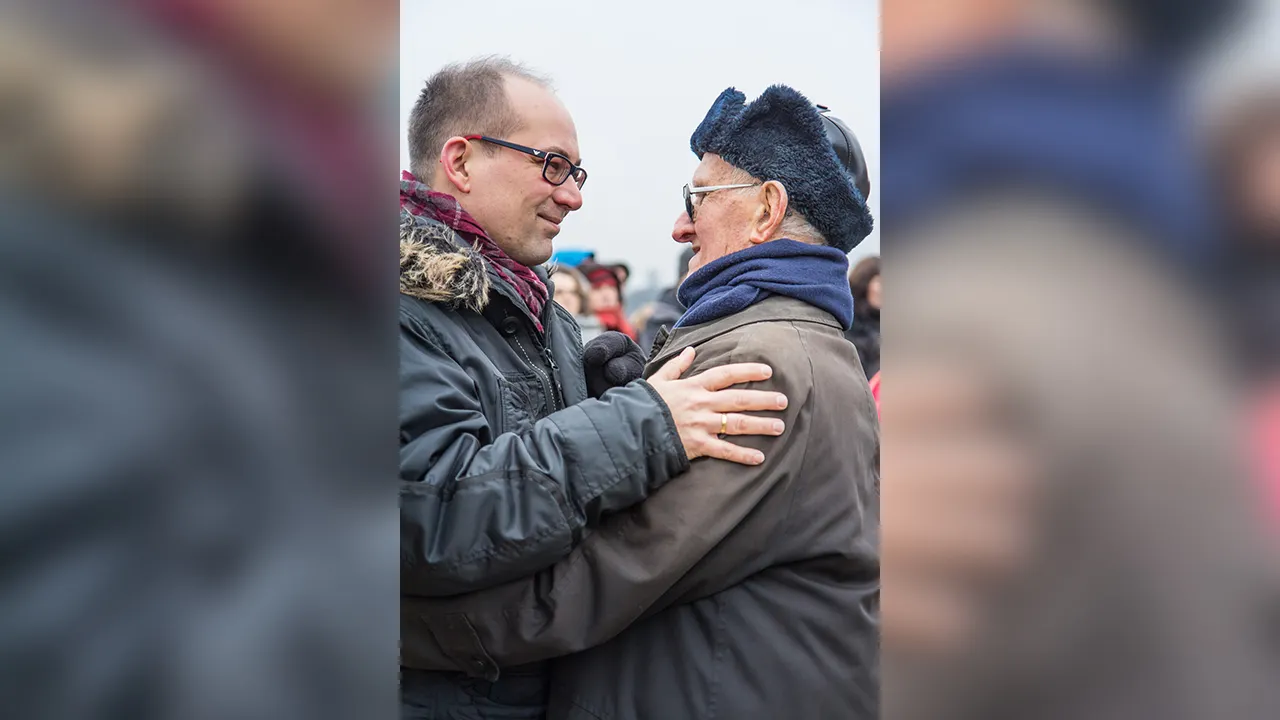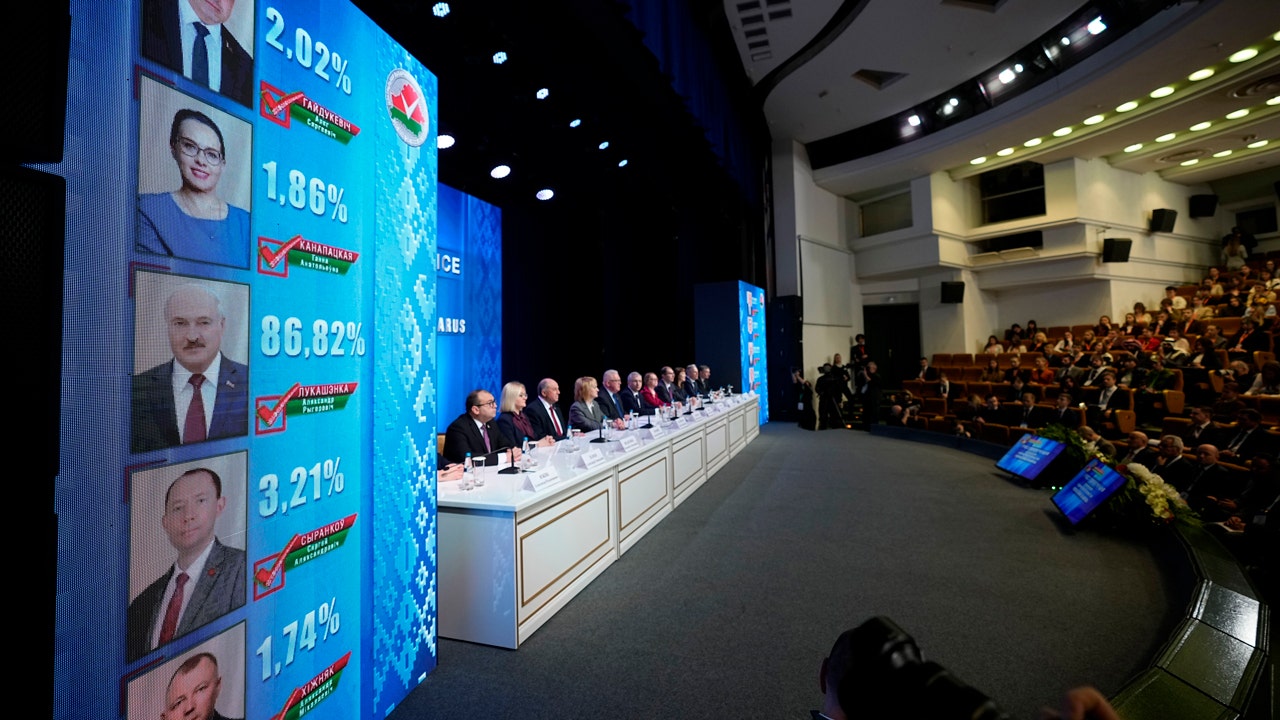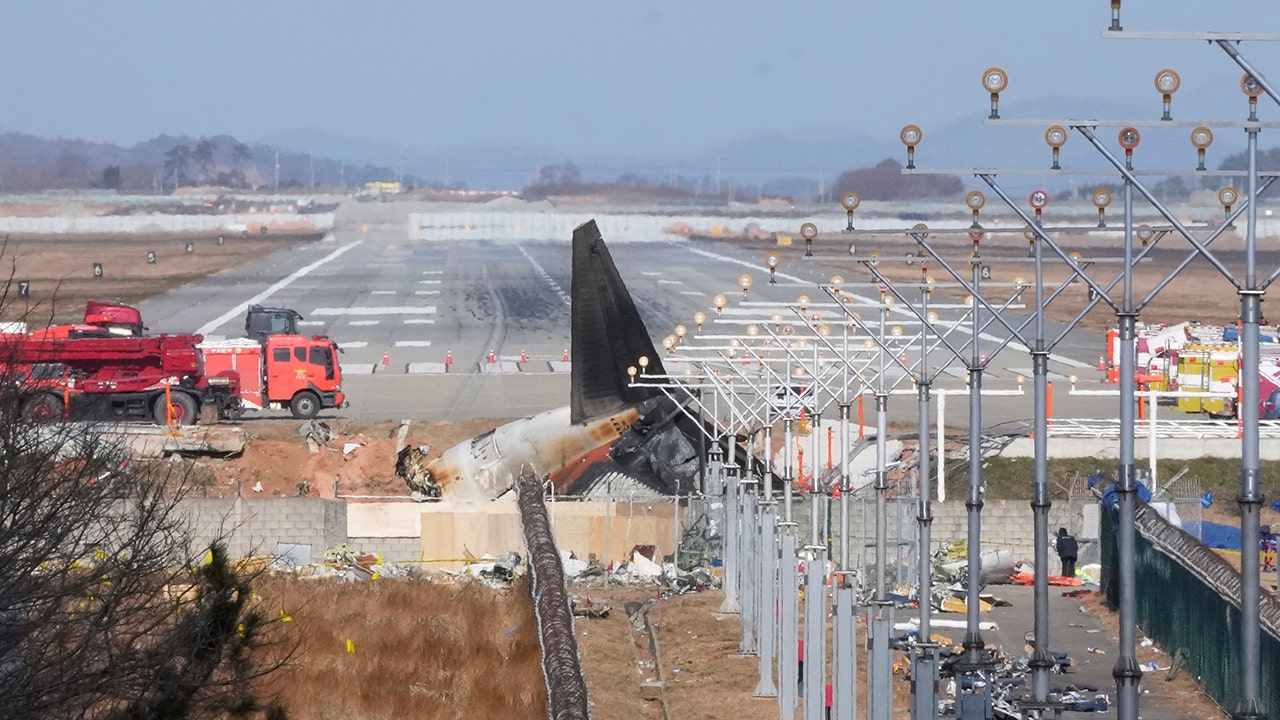The pristine German college town of Tübingen flourishes today, in stark contrast to its dark past.
The southwestern city of 90,000 was once home to Theodor Dannecker, a Nazi captain and one of the closest aides to Adolf Eichmann, known as the “architect of the Holocaust.” In 1933, the University of Tübingen, where many of the infamous Nazi soldiers known as SS trained until 1945, proudly billed itself as “Jew free.” These days, Tübingen is acknowledging its painful history in order to rise above it.
“We can only live here as Christians in this congregation if we take responsibility for the history of this city,” Jobst Bittner, founder of both Tübingen’s TOS Church and the March of Life initiative, where descendants of Nazis organize marches against antisemitism with Christians and Jews throughout the world, told Israel’s Channel 11.
The television outlet’s report showed a banner across the windows of the TOS church that read “Bring Them Home Now,” a call to release nearly 100 Israeli and American hostages held by Hamas in Gaza since Oct. 7, 2023. Inside the church is a store with merchandise and books about Israel. Downstairs is the “Museum of Guilt,” which displays pictures of Nazis from Tübingen, with photographs of mass graves that were once hidden in cigar boxes as souvenirs of the Holocaust.
CLICK HERE FOR FOX NEWS DIGITAL’S COVERAGE OF ‘ANTISEMITISM EXPOSED’
Another segment in the report showed young people from the church singing “Am Yisrael Chai” (“The People of Israel Live”) even though they barely know Hebrew. During the holiday of Sukkot, they build sukkahs (temporary huts) to celebrate the Israelites’ freedom from enslavement in Egypt.
Heinz Reuss, an elder at TOS Church and international director of the March of Life, described last year’s Sukkot celebrated in the Market Square in the center of town as “very beautiful.” He said that the rabbis from the next town came to Tübingen to recite blessings, just like he does during Hanukkah when they light the menorah candles.
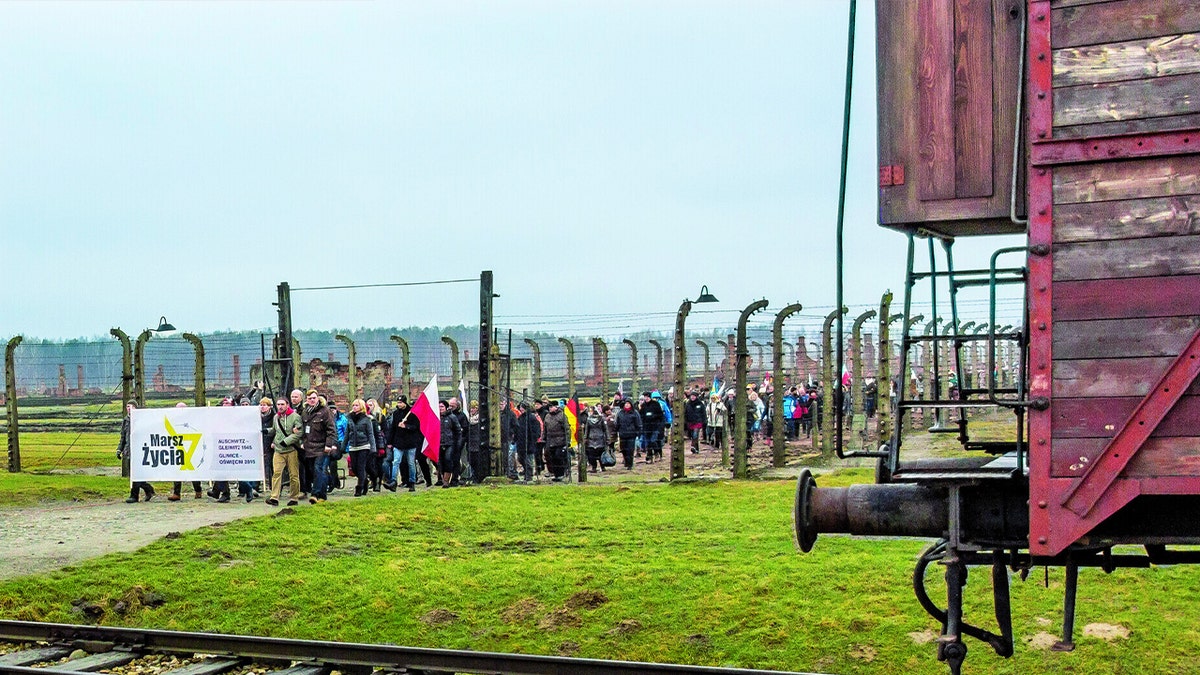
The musical, “A Ship Makes History,” based on the story of a Holocaust survivor and Exodus, has also been performed during Hanukkah. Michaela Buckel, program director of the March of Life movement and author of the play, described how it teaches children about the Holocaust in a non-threatening way and that she was inspired by the resiliency of the Jewish people after the Holocaust.
“I wanted to focus the play on this willingness to live and to fight for new life, even though it’s hard,” she said.
Reuss said the Christians at his church celebrate some of the Jewish holidays as a gesture of friendship and to acknowledge “that’s where the blessing comes from, the Jewish roots.”
Addressing the town’s antisemitic history, Reuss remembered a turning point in 2003, when a lot of congregants started to discover that their own family members had been Nazis.
“It was a powerful time of repentance and also of healing in some way,” he said.
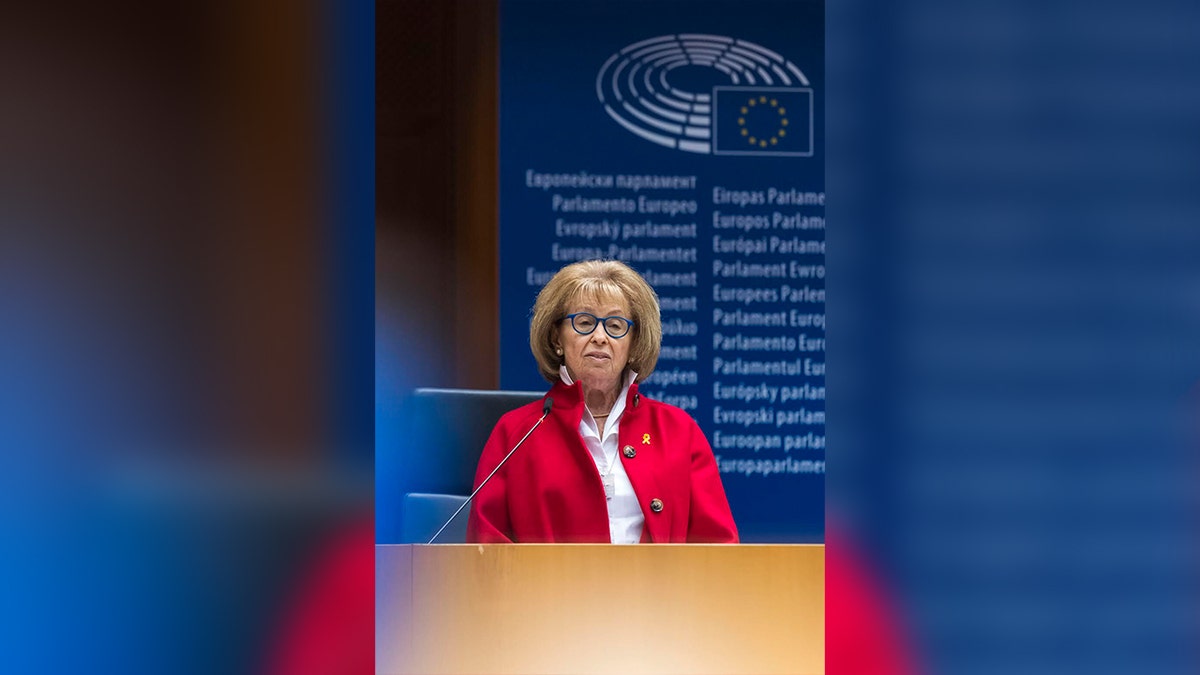
TOS worship leader Kim-Sophie Kasch, 24, told Fox News Digital that when she was 7 years old, after her great-grandfather died, her family discovered that he was a Nazi. He had been part of the Wehrmacht armed forces of Nazi Germany and had been in European areas “where they committed crimes against the Polish-Lithuanian population (and) also the Jews who lived there.”
Kasch described her father as being “really shocked when he heard about his grandpa.”
Reuss said that when TOS church congregants found out there were eight concentration camps located around Tübingen, as well as the grim trails of death marches, “everything became visible. Everyone saw it.”
He described how they organized a prayer march with descendants of Holocaust survivors and descendants of Nazis, which became a three-day event.
“It was very, very meaningful for us,” said Reuss.
Since 2007, March of Life events have been held in hundreds of cities in more than 20 countries, where Holocaust survivors and descendants of Nazis visit concentration camp sites and mass graves across Europe.
In 2009, the movement expanded to the United States, where it became known as the March of Remembrance, a memorial walk every spring on Yom HaShoah, Holocaust and Heroism Remembrance Day.
“The message is remembrance, reconciliation and making a stand for Israel and against antisemitism,” Reuss said. “It teaches the lessons of the Holocaust, and we encourage people to really face the history of antisemitism in their own families.”
Reuss said his great-grandfather from the Netherlands, who was an Orthodox reform Christian, saved Jewish lives by refusing to sign a declaration stating that he was not Jewish because he didn’t want to betray his Jewish friends. He expressed disappointment that his German grandfather on his father’s side did not display the same courage and withdrew from Jewish people.
“It’s so important to really speak out and not be silent in your personal surroundings and your workspace, because this is antisemitism. It’s evil. It’s something that doesn’t stop with the Jews,” Reuss said.
Reuss told Fox News Digital how this year, for Holocaust Remembrance Day on Jan. 27, survivor Irene Shashar, who was born on Dec. 12, 1937, as Ruth Lewkowicz, will be honored at the TOS church. She will speak the day before, telling congregants her story of survival in Warsaw.
The Nazis invaded Shashar’s homeland of Poland when she was 2 years old, and her father was murdered when she was 5. Shashar credits her mother’s ingenuity for helping her to survive by hiding her in closets and sewers with her beloved doll, Laleczka. Referring to her two children and seven grandchildren at a U.N. speech in 2020, she declared, “I survived … Hitler didn’t win and I have proof.”
Read the full article here


